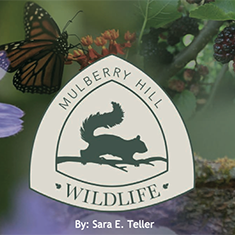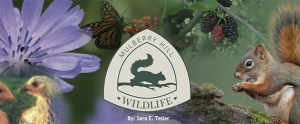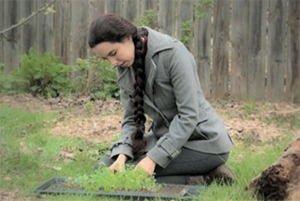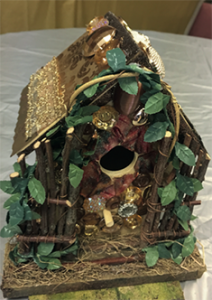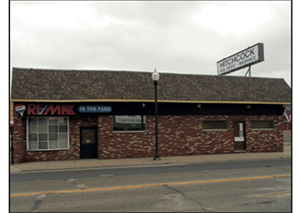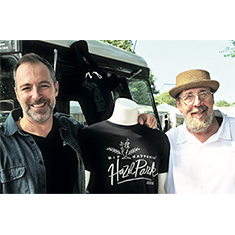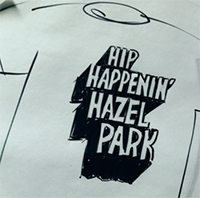By Ingrid Sjostrand
WHILE HAZEL PARK IS ON THE RISE ECONOMICALLY, it’s important to remember the environmental areas that benefit our community too. Natural spaces help wildlife and create a more aesthetically-pleasing city, which is why the Hazel Park Nature Initiative (HPNI) is working hard to make sure there is green growth added to the area.
Created by Amy Aubry, Hazel Park Mayor Pro Tem, and Grace Vatai, Executive Director and Naturalist of Mulberry Hill Wildlife, the Nature Initiative focuses on creating and restoring native green spaces in Hazel Park through four tenets – habitat creation, land management, education and community.
“We plan to create habitat and natural space in the city for the benefit of both wildlife and residents. Wildlife will benefit from things like native wildflower beds, pollinator gardens and lawn alternatives,” Vatai says. “Residents will benefit from increased beautification of our city through aesthetically appealing natural spaces, as well as opportunities to learn about and implement natural practices in their own yards.”
The idea for the Nature Initiative came when Vatai and Aubry found they had a shared love for the environment, and both recognized a lack of natural space in Hazel Park. After further discussion, they found there was community interest too.
“Nature helps ground us and promote well-being it’s good for us to be around,” Aubry says. “Increasing native landscaping and habitats will give residents more opportunities to see our diverse flora and fauna and help them flourish while receiving their own benefits in return. The Nature Initiative will also enrich our parks, streetscapes, and overall community.”
The HPNI has produced a few presentations at the Hazel Park Library to educate and encourage interest, including Bat Week and Native People, Native Plants programs. Bigger projects are in the works as well, including one that will encompass habitat creation, land management, education and community.
“We are currently developing a new natural area in Hazel Park which will contain native plant beds including a pollinator garden, woodland garden, native wildflowers and more,” Vatai says. “This will provide habitat for beneficial wildlife and also educational opportunities for everyone in Hazel Park by creating a place for people to come and learn about nature through direct experience.”
Vatai and Aubry encourage residents to join the Initiative and offer various opportunities to get involved including helping care for the gardens or providing donations. They will also be holding public events for residents’ feedback on the HPNI.
“When the time comes to address our City ordinances, City Council will vote on the proposed changes. We will hold public hearings where residents are encouraged to share their thoughts, feelings, and questions on the changes suggested, as well as offer up suggestions of their own,” Aubry says. “In addition, we will have lots of opportunities for resident participation: Come to fun, educational classes, volunteer at events such as plantings, or jump all-in and replace your grass with native plants on your property.”
“The Hazel Park Nature Initiative is one small step we can take that can have a big impact when we work together. By restoring food sources for wildlife and pollinators we can help creatures like the monarch butterflies and bees thrive,” Aubry says. “This life is bigger than ourselves – I’ve always been a bigger-picture kind of person and taking care of our surroundings is part of that bigger picture.”
“Being in nature is a spiritual experience. No matter who you are or what your beliefs are, there is a certain undeniable connectedness that reveals itself if you allow yourself to truly ‘be’ in nature,” Vatai adds. “Co-authoring the Hazel Park Nature Initiative is a fulfilling experience. Every human being deserves to experience the joy of living fully in a naturally beautiful place, and I believe that beauty is possible right here in Hazel Park.”
For more information or to keep up to date on events, visit facebook.com/hpnatureinitiative.


